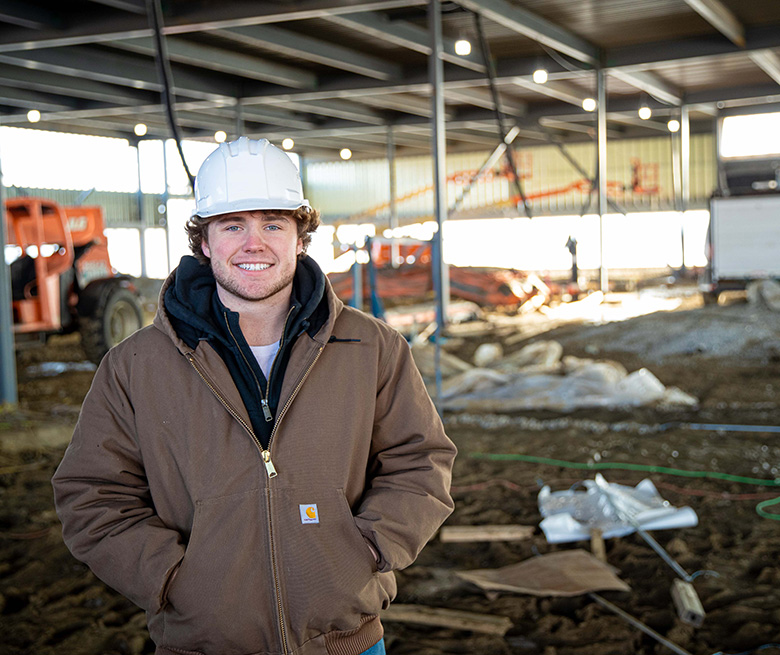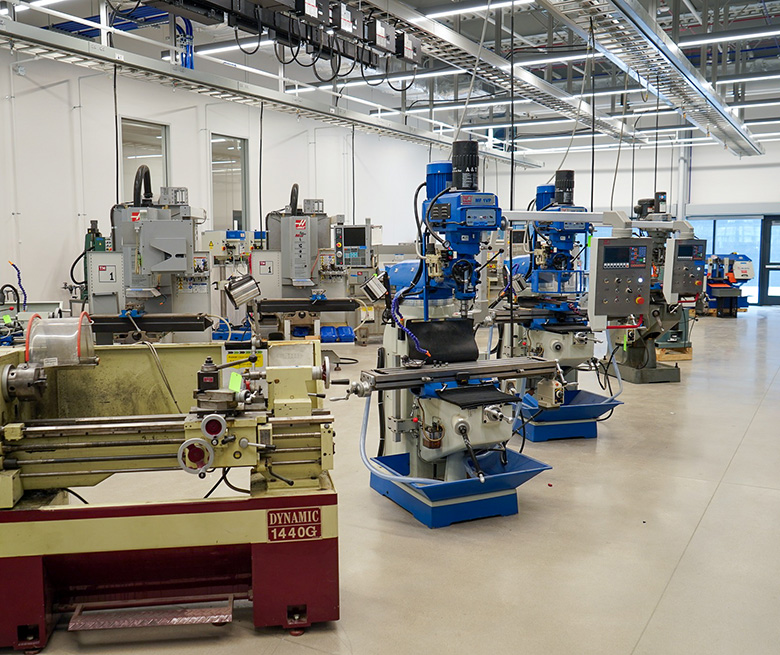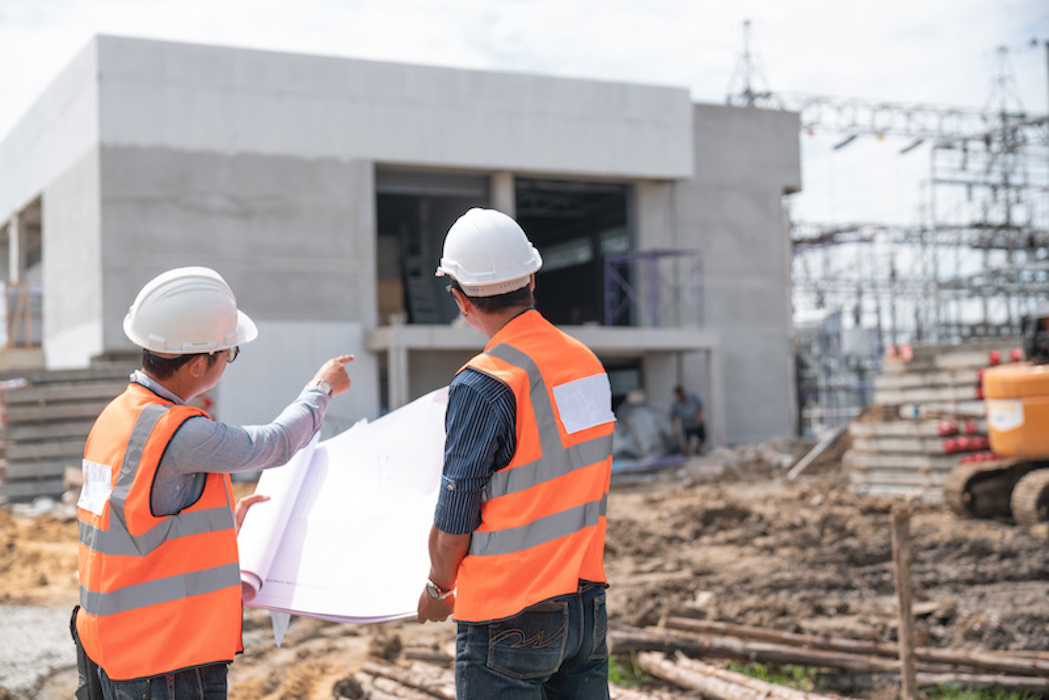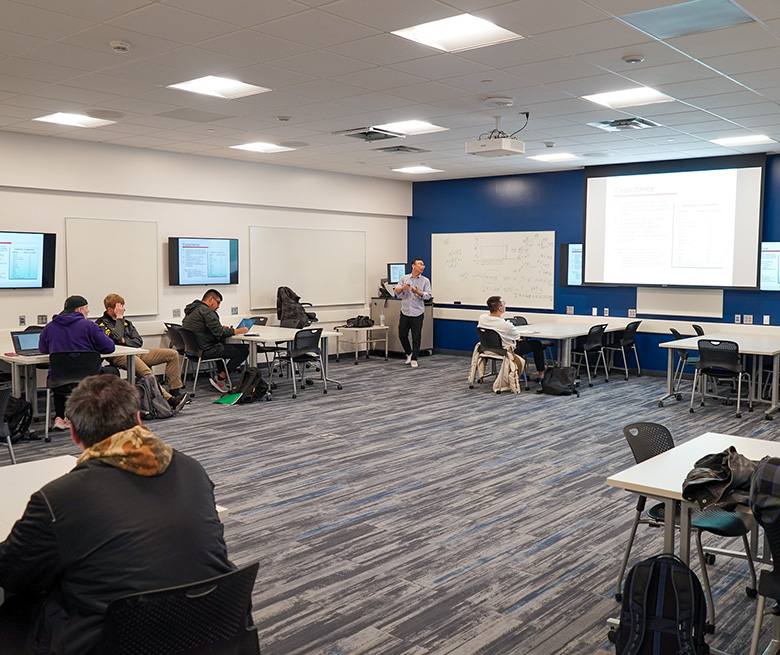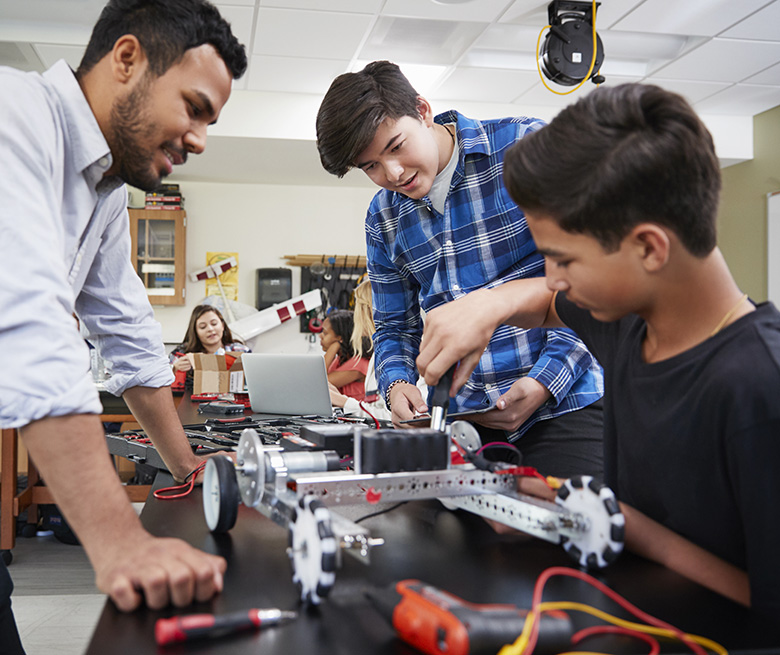Applied Engineering Building Project
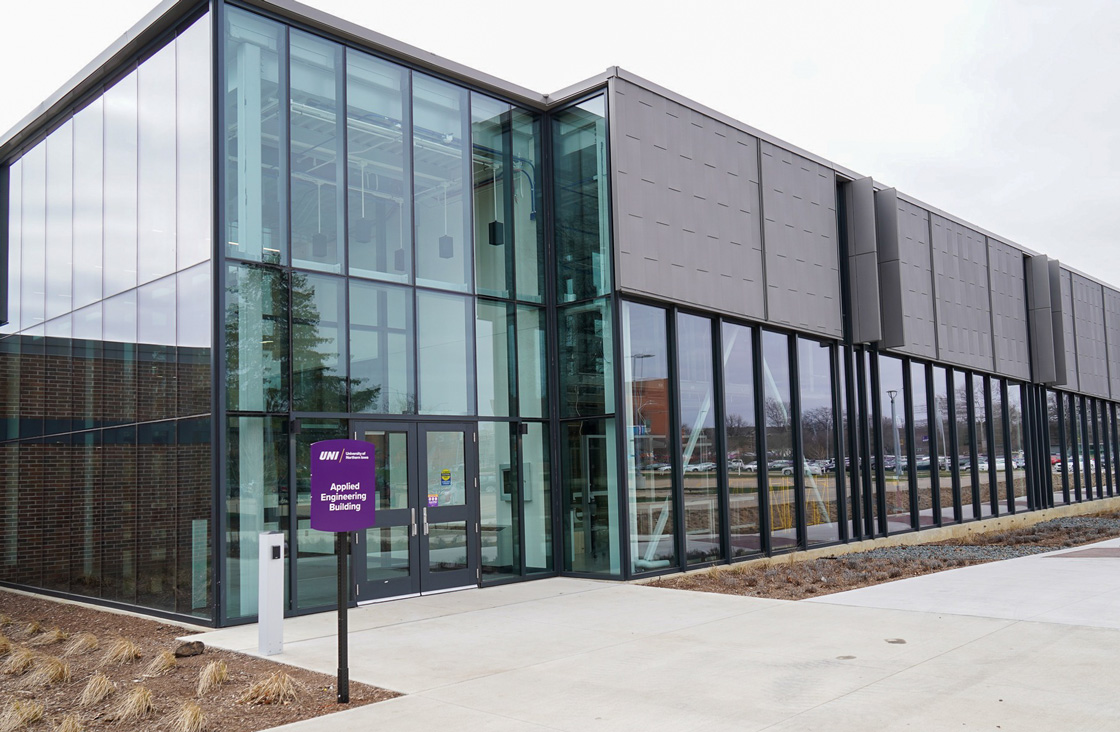
Modernizing the Applied Engineering Building
Support is needed to improve the University of Northern Iowa’s Applied Engineering Building in order to keep up with industry’s increasingly sophisticated workforce needs.
A Facility to Educate Iowans for Iowa
Industry has changed greatly in the four decades since the Applied Engineering Building was constructed. Built in 1974 to educate shop teachers, the expanded facility now includes the space required for computer classrooms and laboratories in which UNI students can work collaboratively on real-world projects with industry-standard technology.
The AEB Modernization project has transformed the building to expand current spaces and expand the size of the facility by nearly 50%. Thanks to state funding, after four years of construction the new facility is ready to welcome students in the fall of 2024.
State request = $40.5 Million
- FY 2021 = $1.0 Million
- FY 2022 = $15.9 Million
- FY 2023 = $22.8 Million
University fundraising = $4.2 Million
Total project cost = $44.7 Million
Enrollment has grown more than 20%
Approximately 2800 program alums work in Iowa
95% job placement 85% of that in Iowa
Applied Engineering & Technical Management Programs
Driven by innovation and a passion to shape their own future, students in the Department of Applied Engineering & Technical Management gain experience learning – and working – in some of the nation’s fastest growing industries.
The Department of Applied Engineering & Technical Management enrolls nearly 400 students in nine program areas.
UNI's Department of Applied Engineering & Technical Management intends to increase enrollment by 50 percent, from 400 to 700 students, by 2028 to meet Iowa's workforce needs.
Preparing Iowa's Workforce
The UNI Department of Applied Engineering & Technical Management houses an umbrella of programs that educate students for technical project management, manufacturing, engineering technology, construction management, graphics and technology education fields — among the highest-need sectors in Iowa. Several of these industries are facing a talent shortage with an aging workforce that will retire in the coming years, leaving critical openings that will require thousands of skilled workers.
The department is recognized for its leading role in meeting workforce needs in Iowa and beyond. Your support allows the facility that houses these programs – the Applied Engineering Building – to keep pace with modern curricular and industry needs.
Talking about the impact
“Manufacturing technology education must keep pace with market workforce needs. The UNI Department of Applied Engineering & Technical Management excels at hands-on learning; in fact, the lab workspaces become a student’s second home for the duration of their studies. This facility will be relevant, exciting, and welcoming; the environment is just as important as the accredited curriculum and industry-supported, well regarded professors in attracting and retaining students.”
— Shelly Dutler (Principal-Engineer, KE Collab, LLC)

“Commercial contractors rely heavily upon the coveted construction management major at the University of Northern Iowa for hiring and growing their businesses. We are all competing for talent, and it’s encouraging to see the plans for a new modern AEB Center that will educate Iowans who stay in Iowa. The building industry is proud to be an active partner in the development of this vision.”
— Chad Kleppe

“Iowa industry relies on the graduates of the Department of Applied Engineering & Technical Management for its workforce. With our emphasis and marketing of STEM careers to young people, UNI’s Department of Applied Engineering and Technical Management grads will continue to be an important part of how industry will meet its future hiring needs.”
— Nick Bruns (Manager, Marketing and Customer Insights, John Deere)

“Manufacturing technology education must keep pace with market workforce needs. The UNI Department of Applied Engineering & Technical Management excels at hands-on learning; in fact, the lab workspaces become a student’s second home for the duration of their studies. This facility will be relevant, exciting, and welcoming; the environment is just as important as the accredited curriculum and industry-supported, well regarded professors in attracting and retaining students.”
— Shelly Dutler (Principal-Engineer, KE Collab, LLC)

“Commercial contractors rely heavily upon the coveted construction management major at the University of Northern Iowa for hiring and growing their businesses. We are all competing for talent, and it’s encouraging to see the plans for a new modern AEB Center that will educate Iowans who stay in Iowa. The building industry is proud to be an active partner in the development of this vision.”
— Chad Kleppe

“Iowa industry relies on the graduates of the Department of Applied Engineering & Technical Management for its workforce. With our emphasis and marketing of STEM careers to young people, UNI’s Department of Applied Engineering and Technical Management grads will continue to be an important part of how industry will meet its future hiring needs.”
— Nick Bruns (Manager, Marketing and Customer Insights, John Deere)

FAQs
- How much will the project cost?
Total: $44.7 million
- $40.5 million from the state
- FY21 = $1 million
- FY22 = $15.9 million
- FY23 = $22.8 million
- $4.2 million in university fundraising
- $40.5 million from the state
- How will funding be spent?
UNI will utilize the traditional Construction Manager at-Risk construction process.
- FY21 funding ($1 million) will cover planning and design costs.
- FY22 and FY23 funding ($38.7 million) will cover construction costs.
- University fundraising ($4.2 million) will cover facility enhancements such as equipment and expanded finished space.
- How long will it take?
Three years: a one-year project design phase and two-year construction phase completed January of 2024.
- Why a renovation and expansion rather than constructing a new building?
The decision to renovate and expand rather than construct a new building was primarily driven by budget. A cost study was conducted Dec. 2017 to evaluate new construction and found that a new building would cost nearly $60 million.
Also, the condition of the shell of the existing structure allows for reuse. Relocating programs and redesigning existing spaces, along with expansion, will serve the current and future needs of the department.
- What are the goals of the project?
- Applied Engineering Building modernization project goals include:
- Physical changes:
- Increase and reorganize space
- Create student-centered, collaborative learning spaces
- Replace and enhance technology and equipment
- Replace outdated building systems and infrastructure
- Create adaptable spaces for future programs
- Programmatic changes:
- Enhance spaces to support 21st century student learning and applied research using industry-standard technology and methods
- Create flexible spaces to ensure growth potential for future departmental programs
- Create a facility to improve recruitment, strengthen industry partnerships and serve Iowa workforce needs while providing a high quality education for students
- Physical changes:
- Applied Engineering Building modernization project goals include:
- Physical changes:
- Increase and reorganize space
- Create student-centered, collaborative learning spaces
- Replace and enhance technology and equipment
- Replace outdated building systems and infrastructure
- Create adaptable spaces for future programs
- Programmatic changes:
- Enhance spaces to support 21st century student learning and applied research using industry-standard technology and methods
- Create flexible spaces to ensure growth potential for future departmental programs
- Create a facility to improve recruitment, strengthen industry partnerships and serve Iowa workforce needs while providing a high quality education for students
- Physical changes:
- Applied Engineering Building modernization project goals include:
- Physical changes:
- Increase and reorganize space
- Create student-centered, collaborative learning spaces
- Replace and enhance technology and equipment
- Replace outdated building systems and infrastructure
- Create adaptable spaces for future programs
- Programmatic changes:
- Enhance spaces to support 21st century student learning and applied research using industry-standard technology and methods
- Create flexible spaces to ensure growth potential for future departmental programs
- Create a facility to improve recruitment, strengthen industry partnerships and serve Iowa workforce needs while providing a high quality education for students
- Physical changes:
Applied Engineering Building modernization project goals include:
Physical changes:
- Increase and reorganize space
- Create student-centered, collaborative learning spaces
- Replace and enhance technology and equipment
- Replace outdated building systems and infrastructure
- Create adaptable spaces for future programs
Programmatic changes:
- Enhance spaces to support 21st century student learning and applied research using industry-standard technology and methods
- Create flexible spaces to ensure growth potential for future departmental programs
- Create a facility to improve recruitment, strengthen industry partnerships and serve Iowa workforce needs while providing a high quality education for students
- Applied Engineering Building modernization project goals include:
- What academic programs does the building support?
The Applied Engineering Building is home to UNI’s Department of Applied Engineering & Technical Management (AETM), which consists of six programs:
- Manufacturing Engineering Technology
- Technology Management
- Construction Management
- Electrical Engineering Technology
- Graphic Technology
- Technology and Engineering Education – Teaching
Approximately 500 students are enrolled in the Department of Applied Engineering & Technical Management. The department offers bachelor’s degrees and a master’s degree in technology.
The Applied Engineering Building also houses the Metal Casting Center, a nationally recognized applied research and testing center specializing in metal casting materials, processes and technology. The center focuses on materials research, metal manufacturing and foundry education, as well as contract work with industry clients — the UNI Metal Casting Center works with more industry clients than any other metal casting center in North America. The center provides Manufacturing Engineering Technology and Technology Management students with real-world experience in manufacturing.
- Why is this project needed now?
Current spaces are limiting course enrollments and the antiquated facility impairs student recruitment efforts. The facility’s inadequate, inefficient, and small spaces are not sufficient for current teaching practices, collaborative applied learning, technology, accessibility needs and, in some cases, safety needs. With more than $10 million in deferred maintenance, the building systems are beyond their useful life and cannot support the department’s technology-heavy requirements.
Without modernization, the department will not have the resources to keep its curriculum aligned with industry standards
- How does UNI's department of Applied Engineering & Technical Management support education in the state of Iowa?
UNI’s Department of Applied Engineering & Technical Management attracts students seeking the technical know-how and management skills required to become industry leaders. The department’s programs address the gap between two-year technical programs and specialized engineering programs.
UNI educates Iowa’s STEM and career and technical education teachers as the only Iowa regents school to offer a program in Technology & Engineering Education at the undergraduate level, and one of just three in the entire state of Iowa.
UNI’s Technology and Engineering educator preparation program aligns with the Iowa Department of Education’s recently redesigned Career and Technical Education (CTE) program by educating the next generation of Iowa’s workforce in high-demand sectors such as manufacturing.
The department’s programs align to the Governor’s Future Ready Iowa goal of building Iowa’s talent pipeline with 70 percent of Iowans having postsecondary education or training by 2025.
- How does the project serve the state's workforce and industry needs?
Department of Applied Engineering & Technical Management programs help to address workforce shortages in Iowa industries.
- Approximately 2,800 Department of Applied Engineering & Technical Management alumni work in Iowa.
- 90 percent of recent Department of Applied Engineering & Technical Management graduates took jobs in Iowa.
- Graduates are in high-demand as evidenced by a 95 percent six-month job placement rate across all department majors.
Together, Manufacturing Engineering Technology, Technology Management and Construction Management make up more than 60 percent of the department’s enrollment and support high-need sectors of Iowa’s economy. For example:
- Manufacturing
- In 2018, 18.8 percent of Iowa’s economic output was tied directly to the state’s manufacturing industry (National Association of Manufacturers).
- In 2020, 813 respondents as part of a statewide business retention and expansion program stated they were experiencing workforce recruitment problems with just over 50 percent reported low worker availability (BEST of Iowa 2020 Annual Report).
- A 2021 an Iowa Association of Business and Industry Quarterly Business survey showed that while 79 percent of manufacturers expected to see sales expand, they also said employee shortages is the top concern for their business.
- Construction Management
- Approximately 41 percent of the current construction workforce — including many people in management roles — will retire in less than 10 years. (National Center for Construction Education and Research)
- With the exception of 2017, demand for employees in Iowa’s construction industry increased every year between 2010 and 2019. (2020 Industry Profile Iowa Workforce Development)
UNI’s Metal Casting Center contributes to the state and national economy through its renowned applied research in materials, metal manufacturing and foundry education. The UNI Metal Casting Center works with more industry clients than any other metal casting center in North America.
Planned future programs in robotics and advanced manufacturing will continue to develop UNI graduates to meet Iowa’s workforce needs while serving industry through applied research and testing
- Manufacturing

